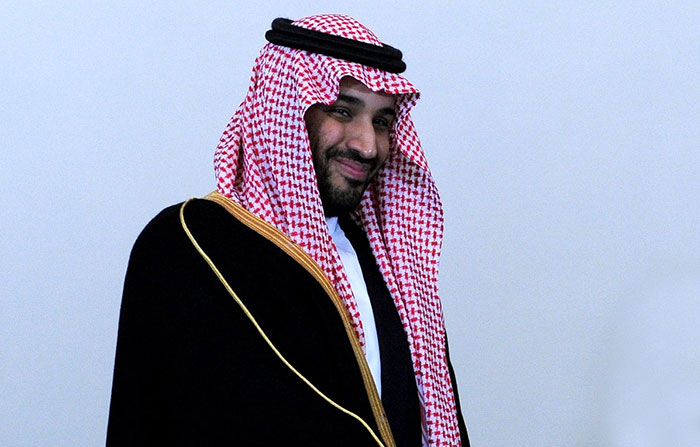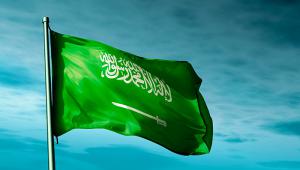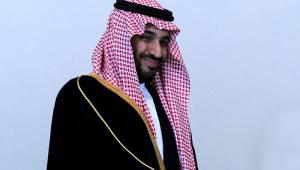web_mohammad_bin_salman_al_saud_3.jpg

Deputy Crown Prince of Saudi Arabia Mohammed bin Salman has introduced sweeping economic reforms to end the country's reliance on oil. Credit: www.kremlin.ru
Prince Mohammed bin Salman, the deputy crown prince, announced the country’s ambitious “Vision 2030” yesterday. It would see the creation of a sovereign wealth fund, a more diversified economy and sustainable public finances.
After a year of tanking oil prices left a serious hole in the kingdom’s finances, the prince said the plan was designed to help the country “live without oil” by 2020.
In an exclusive TV interview with the Al Arabiya news channel, he said the country had developed an addiction to the commodity.
With 72% of revenues coming from oil, the government found itself $98bn in deficit last year as a result of low prices.
This year’s budget aims to cut that to $87bn through a combination of spending cuts and growing non-oil revenues.
The 2030 vision announced sets out five years of fiscal consolidation complemented by pro-growth structural reforms.
The government plans to increase non-oil revenue from $43.6bn last year to $160bn by 2020 and around $265bn by 2030.
The bulk of this is expected to come from restructuring subsidy regimes, the introduction of VAT and a “green card” system to give expatriates long-term residence and the ability to invest in Saudi Arabia.
The kingdom also plans to sell shares in state oil giant Aramco, one of the wealthiest oil companies in the world.
While the plan entails a sale of less than 5%, with Aramco estimated to be valued at between $2tn and $2.5tn it would still result in significant revenues.
These will in part contribute to scaling up the country’s sovereign wealth fund to around $2tn, which the prince said would become a vehicle for Saudi investments overseas.
He continued to say that Riyadh will work to develop non-oil industries including local manufacturing, technology, tourism and mining.
Setting himself ambitious targets, the prince vowed to raise the private sector share in the economy from 40% to 60% and reduce unemployment from 11% to 7.6%.
Other reforms announced yesterday include plans for women to have a greater role in the ultra-conservative Muslim kingdom’s economy and for more affordable housing.
The plans have been welcomed by economists who have long considered Riyadh’s fiscal and economic policies unsustainable, but commentators have noted it will be difficult to make their ambition a reality.
Head of the International Monetary Fund’s Middle East and Central Asia Department Masood Ahmed called the sweeping plans “ambitious” and “far-reaching”, but said implementation will be a challenge.
“The real issue is going to be how to make sure that these sensible and very ambitious objectives can be translated into real changes through implementation,” he said.













